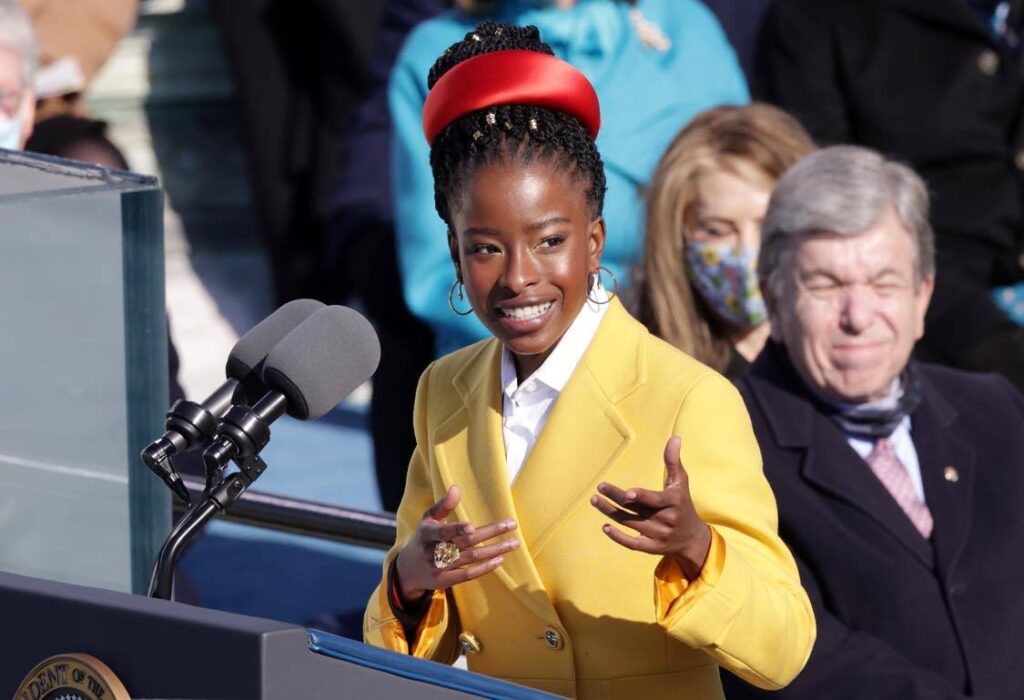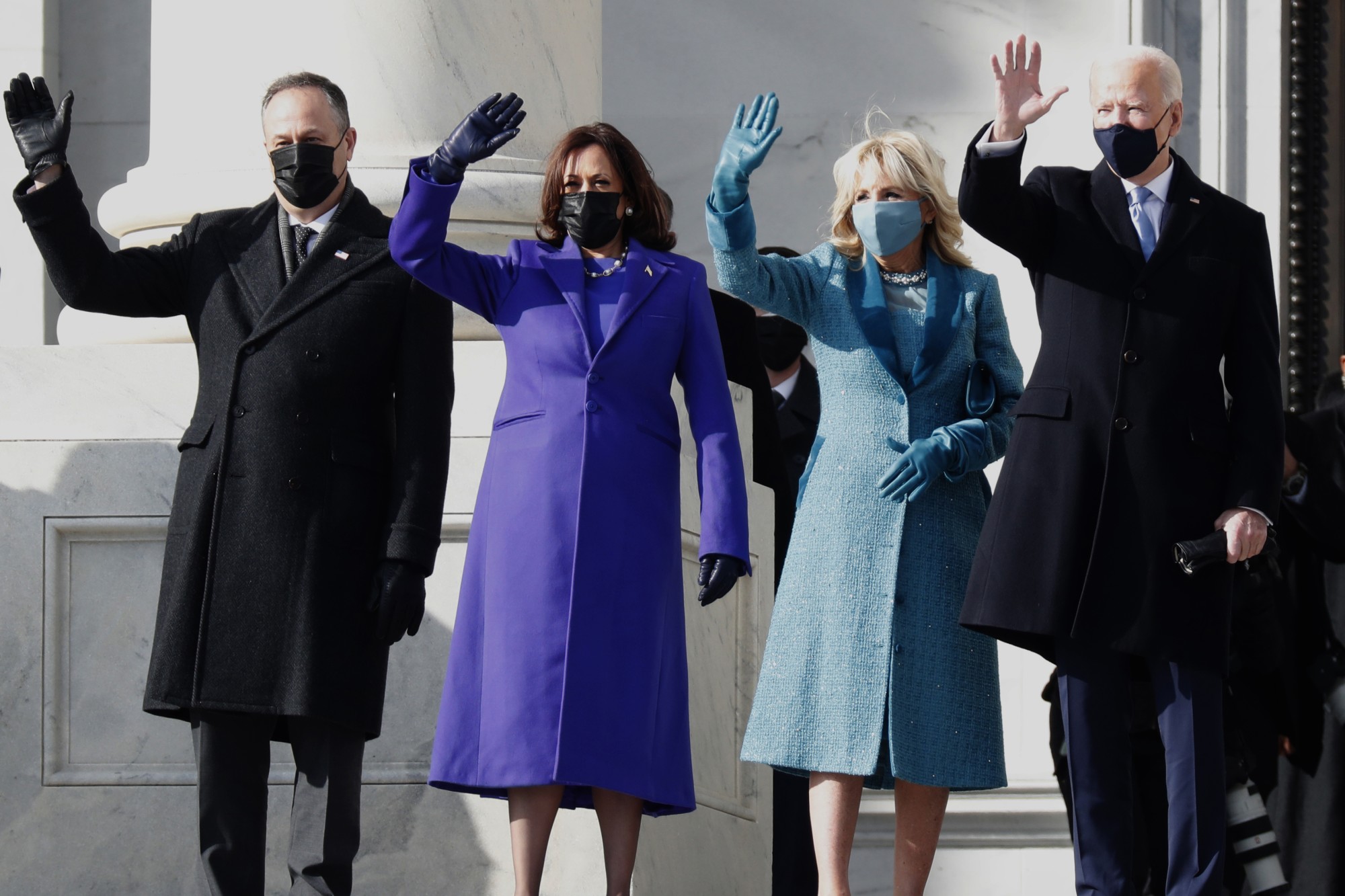And the true unifier and transformational leader that he is, President Joe Biden rallied fellow Americans behind him in writing the next great chapter of the American story—a story steeped in hope not fear, unity not division, light not darkness.
By Alex Y. Vergara
It has been said often enough that the inauguration of Joe Biden and Kamala Harris yesterday, January 20, outside the US Capitol in Washington D.C. as president and vice president of the United States, respectively, is historic in many respects.
No doubt, much of it has to do with the fact that Biden, at 78, has become the oldest person to assume the post of the most powerful man in the world. He and the late President John F. Kennedy, one of Biden’s boyhood idols, also happen to share the same faith, making America’s 46th president only the second Roman Catholic head of state to ever live in the White House.
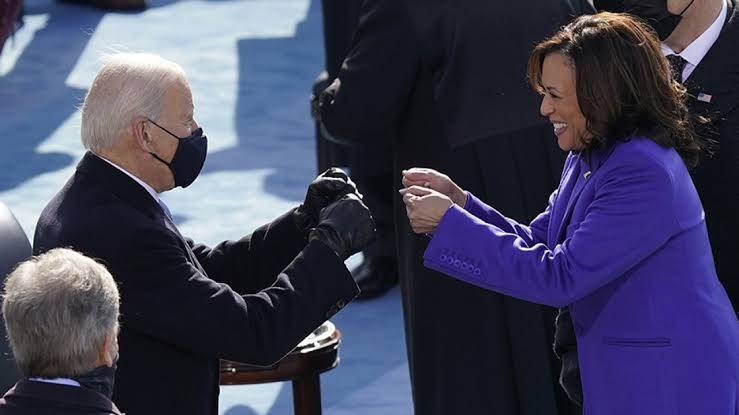
And that Harris, 56, who’s a heartbeat away from the presidency, isn’t only the first woman to be elected as such. That she’s also an accomplished person of color, the daughter of Jamaican and Indian immigrants, reflects the changing face of the country—America as the world sees it today.
But what makes their assumption to power more noteworthy is the fact that it happened during one of the most tumultuous times in America’s history—a history whose outcomes are often tied to the fate of the rest of the world.
“Today, we celebrate the triumph not of a candidate, but of a cause. A cause of democracy. The will of the people has been heard and the will of the people has been heeded. We’ve learned again that democracy is precious. Democracy is fragile. At this hour, my friends, democracy has prevailed,” Biden said in his inaugural speech.
Two weeks after a stoked-up crowd stormed the Capitol and rocked the very foundations of America’s democracy, a fact Biden made no attempts to hide, the country today remains standing and intact. Shaken, no doubt, but also managing to emerge from the unprecedented crisis stronger and perhaps more resilient and more steadfast to the very ideals it champions.
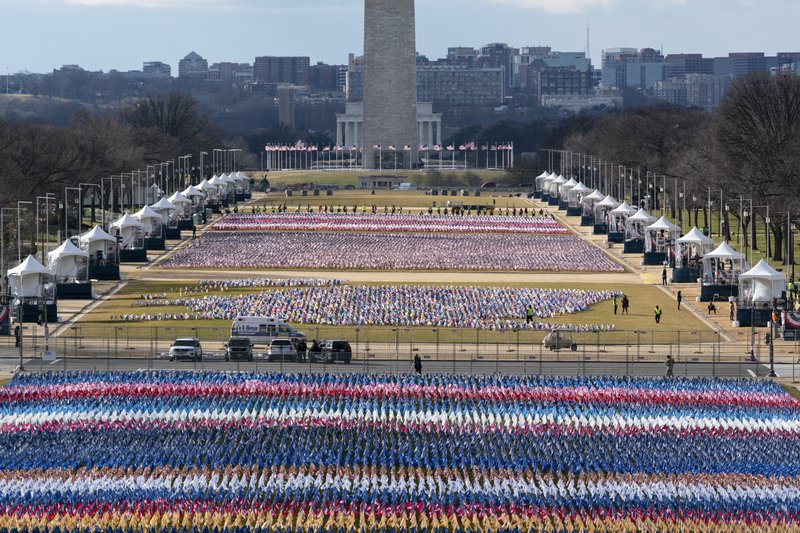
“And here we stand just days when a riotous mob thought they could use violence to silence the will of the people, to stop the work of democracy, to drive us from this sacred ground. It did not happen. It will never happen. Not today, not tomorrow, not ever!” Biden thundered to the applause of socially distanced guests, a bevy of bipartisan personalities, including three former presidents.
Although he’s a man of hope and pragmatism who, in his checkered political career, is known to reach out across the aisles and see the good in each person, Democrat or Republican, Biden also never attempted to hide and sugarcoat the enormity of the problems the lay before them: a raging pandemic; systemic racism; global climate in crisis; and America’s role in a fast-changing world.
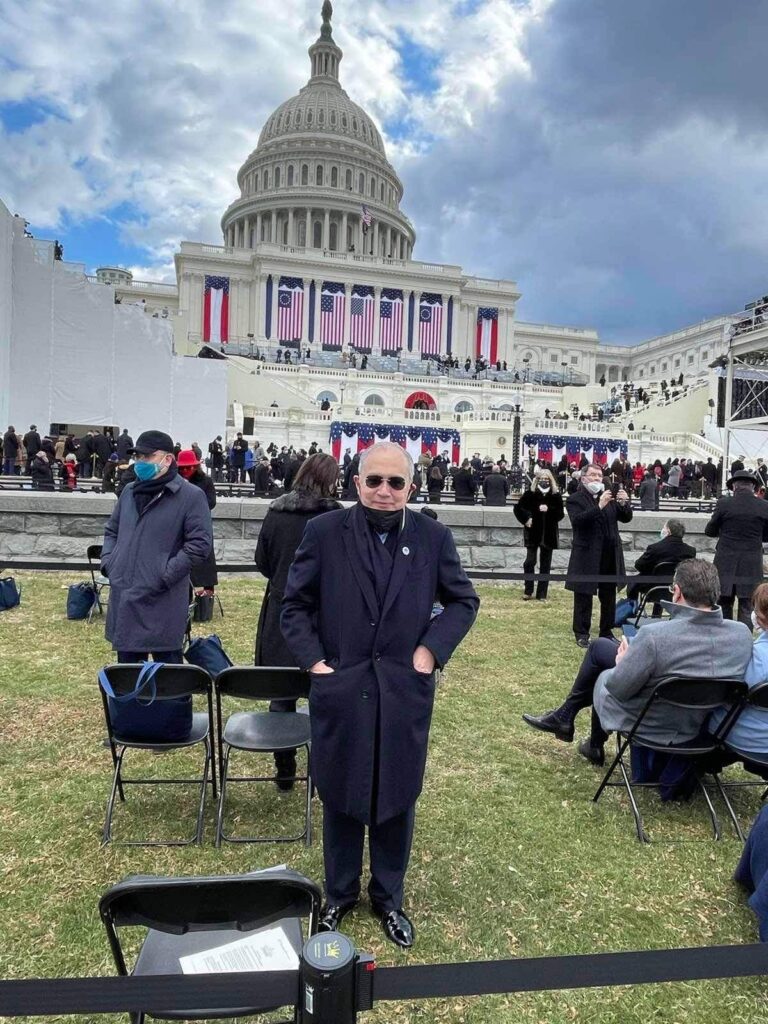
As if to reassure the world that America will always be a force for good, at least, under his watch, Biden also said this: “And we’ll lead not merely by the example of our power, but the power of our example. We will be a strong partner for peace, progress and security. You all know. We have been through so much in this nation.”
And the true unifier and transformational leader that he is, he rallied fellow Americans behind him in writing the next great chapter of the American story—a story steeped in hope not fear, unity not division, light not darkness.
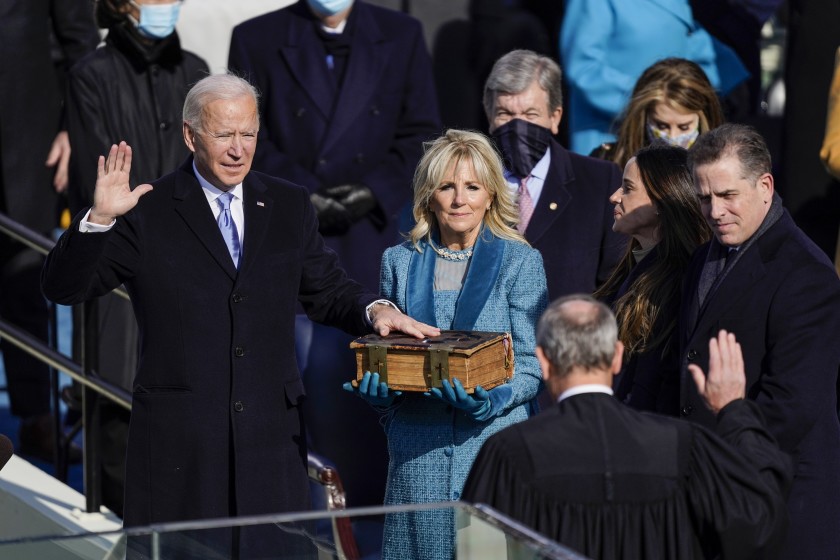
And America has never been found wanting when it comes to goodness and light. As young poet laureate Amanda Gorman, 23, so eloquently wrote in the concluding line of her powerful poem on unity and democracy, which she herself recited during the inauguration: “There is always light only if we’re brave enough to see it. There is light only if we’re brave enough to be it.”
